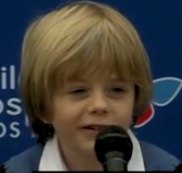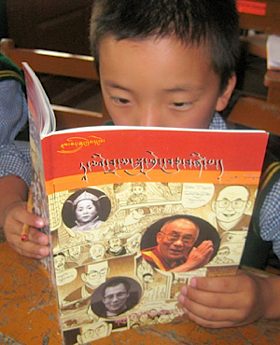 Sensing a mid-life crisis, a successful 35-year-old Japanese businessman quit his job believing it was time to do something positive with his life, instead of just making money. He turned to what he loved most, storytelling — and especially manga (or anime), the graphic comic book novels popularized by animators in his country. Today, he uses manga, normally the medium for superheroes, to tell tales of real life heroes, such as the Dalai Lama and Ghandi, in a modern quest create positive change within young people and society.
Sensing a mid-life crisis, a successful 35-year-old Japanese businessman quit his job believing it was time to do something positive with his life, instead of just making money. He turned to what he loved most, storytelling — and especially manga (or anime), the graphic comic book novels popularized by animators in his country. Today, he uses manga, normally the medium for superheroes, to tell tales of real life heroes, such as the Dalai Lama and Ghandi, in a modern quest create positive change within young people and society.
Now 40, Eiji Han Shimizu remembers how anime shaped his values growing up in Japan, instilling determination, compassion, a craving for social justice and an ability for dreaming big. Believing in the power and potential of manga for good, he set out to show how actual heroes like Mother Theresa and Che Guevarra lived their lives, and how these leaders think.
With the backing of Penguin Books, the biographical mangas created by Shimizu’s company, Emotional Content, have been released in 20 countries and translated into Chinese, Spanish, Tibetan, Russian, and Hindi.
Most exciting for him in 2010, the Dalai Lama book was distributed as a textbook among the Tibetan refugee children in India and Nepal for the teaching of history and language. On a visit to Dhramsala, the home for His Holiness and the Tibetan government in exile, the ministry of Education told Shimizu that all Tibetan schools (more than 60 schools) adopted its use for their curriculum.
”I am so happy that the Japanese pop culture is benefiting the future of Tibet in this unique way,” Shimizu told the Good News Network.
Penguin Books published two manga biographies in English last year that featured the Dalai Lama and Che Guevarra. The huge publishing house is planning two more English adaptations — one about Mahatma Gandhi and another about Mother Teresa. Also in the works are manga based on the lives of Aung San Suu Kyi, Abraham Lincoln, and Anne Frank.
Shimizu earned his MBA at the University of Miami and joined Sun Microsystems, Inc., before returning to Japan to specialize in business development.
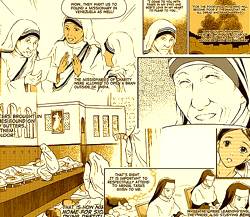 When he decided to make the leap to media, he wasn’t sure what kind of inspiring manga to create, whether to interpret the classics such as Shakespeare, Dickens or Dostoyevsky, or focus on great athletes. The answer came during a pilgrimage to Mother Teresa’s home for the dying and destitute in Calcutta.
When he decided to make the leap to media, he wasn’t sure what kind of inspiring manga to create, whether to interpret the classics such as Shakespeare, Dickens or Dostoyevsky, or focus on great athletes. The answer came during a pilgrimage to Mother Teresa’s home for the dying and destitute in Calcutta.
“(There), I vividly felt Mother Teresa’s presence, where hundreds of volunteers from around the world serve with the poorest of the poor. It became clear that, first and foremost, I wanted to make manga about the spiritual and political leaders who changed the world for the better,” says Shimizu in a featured interview with CNN.
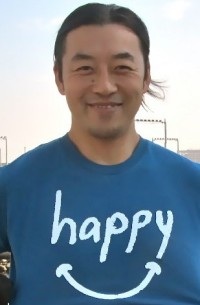 Filmmaking is also a keen interest for him. He is working now with animation artists — and trying to secure funding — to create an animation series called, North, exploring the hardship and atrocities experienced in North Korea from the point of view of a young man repatriated with his Japanese-Korean family.
Filmmaking is also a keen interest for him. He is working now with animation artists — and trying to secure funding — to create an animation series called, North, exploring the hardship and atrocities experienced in North Korea from the point of view of a young man repatriated with his Japanese-Korean family.
He spent five years producing the documentary, “Happy” (see Good News Network story), collecting interviews from experts and citizens around the world about what makes humans happy.
Surely, Eiji knows the answer for himself is doing what you love.
(READ more of the feature story from CNN International)
 Deep inside an overcrowded prison with a reputation for mayhem, former killers and robbers gather regularly in a small room. Eyes closed, they sit silently with their thoughts and consciences.
Deep inside an overcrowded prison with a reputation for mayhem, former killers and robbers gather regularly in a small room. Eyes closed, they sit silently with their thoughts and consciences.



















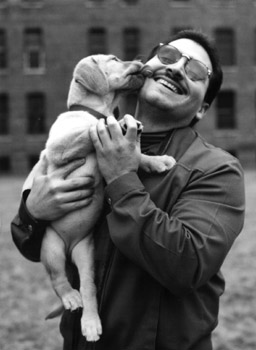



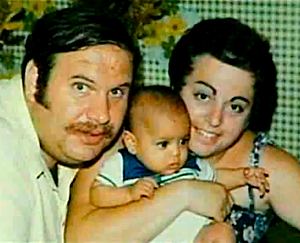
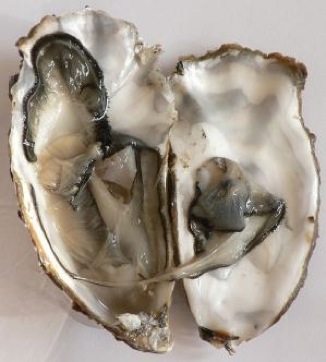


 When he decided to make the leap to media, he wasn’t sure what kind of inspiring manga to create, whether to interpret the classics such as Shakespeare, Dickens or Dostoyevsky, or focus on great athletes. The answer came during a pilgrimage to Mother Teresa’s home for the dying and destitute in Calcutta.
When he decided to make the leap to media, he wasn’t sure what kind of inspiring manga to create, whether to interpret the classics such as Shakespeare, Dickens or Dostoyevsky, or focus on great athletes. The answer came during a pilgrimage to Mother Teresa’s home for the dying and destitute in Calcutta. Filmmaking is also a keen interest for him. He is working now with animation artists — and trying to secure funding — to create an animation series called, North, exploring the hardship and atrocities experienced in North Korea from the point of view of a young man repatriated with his Japanese-Korean family.
Filmmaking is also a keen interest for him. He is working now with animation artists — and trying to secure funding — to create an animation series called, North, exploring the hardship and atrocities experienced in North Korea from the point of view of a young man repatriated with his Japanese-Korean family.


